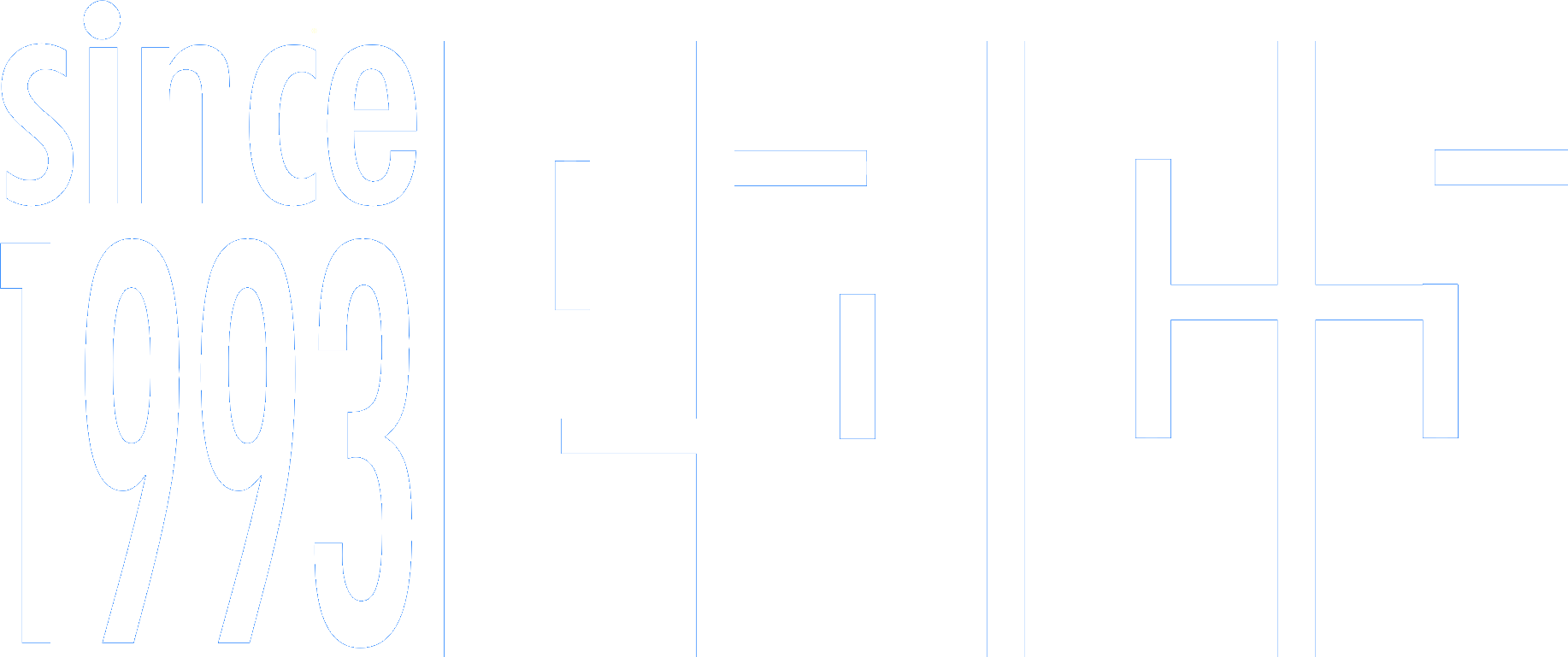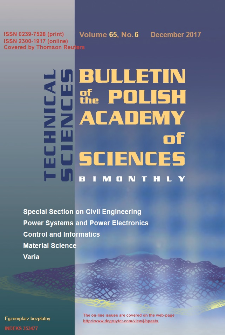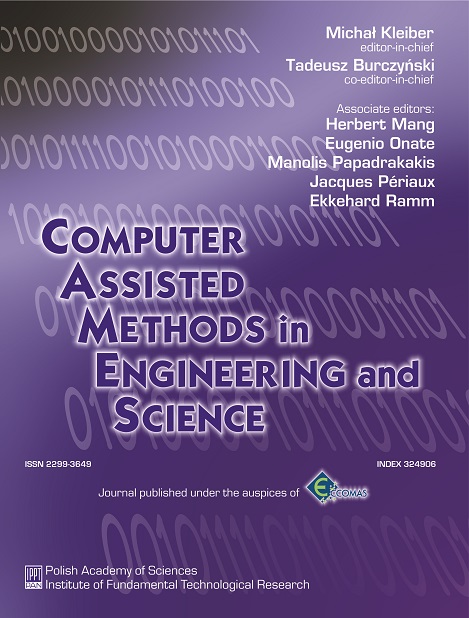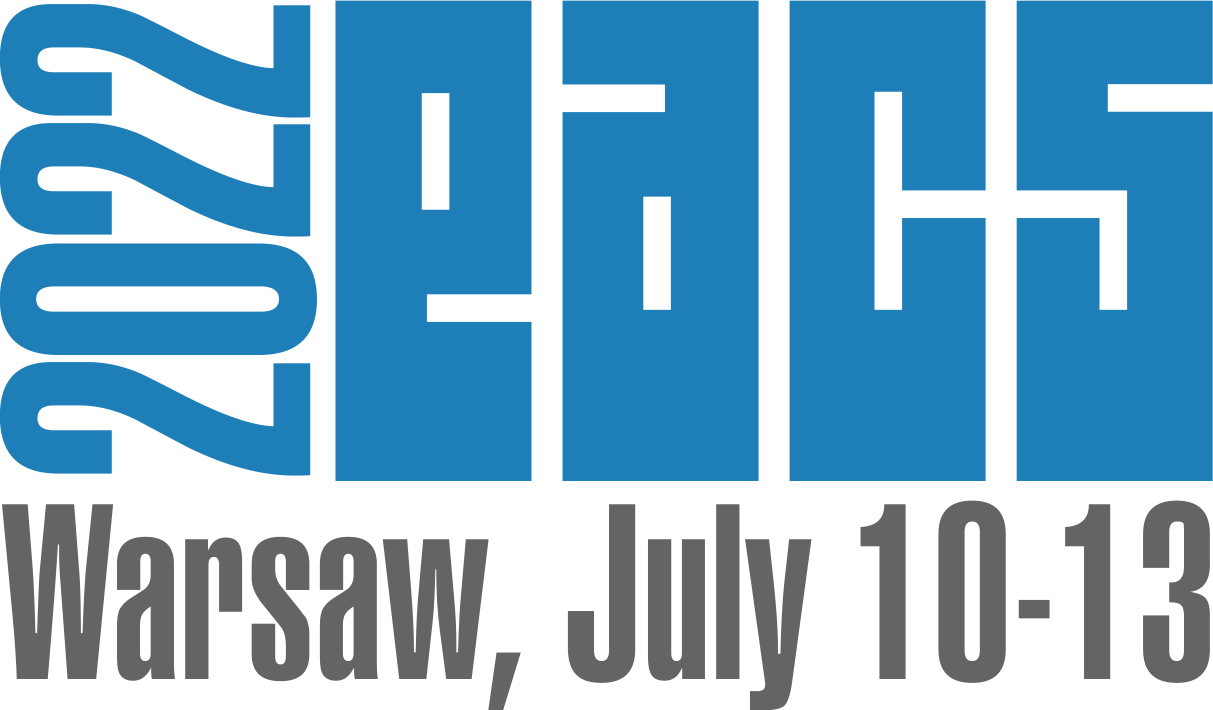7th European Conference on Structural Control
For Authors
Registration
To register, please visit the following link: registration
Submission of abstract & full paper
To submit your abstract/full paper, please visit the following link: submission
Templates for 1-2 page abstracts: Word, LaTeX. We recommend using templates that can be downloaded by clicking on the links below:
The submission deadline for the (optional) full paper is April 30, 2022. Please limit the full paper to 8-10 pages and use the following templates:
Please notice that one registration will be required per one accepted submission.
Authors of outstanding papers will be invited to redirect their full papers to special issues/sections of the following three open access journals (selection of the journal at the discretion of the organizing committee):
All the submitted papers will undergo the usual reviewing procedure.
Special sessions
New session proposals please submit to eacs2022@ippt.pan.pl
S1
EACS 2022 Special Session: Bridging to the Future
SPECIAL SESSION IN HONOR OF EACS FOUNDING FATHERS
EACS 2022 Special Session: Bridging to the Future
SPECIAL SESSION IN HONOR OF EACS FOUNDING FATHERS
Organizers: Sara Casciati (SIART s.r.l., Italy), Łukasz Jankowski (IPPT-PAN, Poland), Michael Krommer (TU Wien, Austria), Francesc Pozo (Universitat Politècnica de Catalunya, UPC, Spain)
The first European conference on structural control dates back more than 20 years ago, and since that time, six of these conferences were held all around Europe. Going back to the pioneering literature on the topic, one mainly meets aspects of the implementation of a control strategy which aim to cope with the dated technological development at that time. Structural control has received considerable interest in the past decades, and a variety of solutions to protect a primary structural systems against excessive vibration have been proposed. This Special Session is devoted to present the most recent advances and emerging cross-disciplinary approaches in the area of structural control and in the related fields. It is expected to provide an international forum for exchanging innovative ideas, identifying future perspectives and challenges, and promoting future collaborations in this promising area, as auspicated by the European Association for the Control of Structures (EACS). Topics relevant to the session include theoretical, computational and experimental work on vibration analysis, control and isolation. Specific contributions related both to fundamental research and to engineering applications of structural control and health monitoring are welcome.
Topics relevant to the session include, but are not limited, to the following:
- Schemes and implementations of active, passive, semi-active and hybrid control
- Mechatronics, sensors and actuators technology for smart structures
- Isolation techniques
- Smart and multi-functional materials
- Structural health monitoring (SHM), structural health diagnostics (SHD) and condition monitoring (CM)
- Discretization, meshless, sub-structuring and model reduction methods
- Inverse problems, identification, optimization, model updating
- Signal processing and nonlinear time series analysis
- Artificial intelligence tools
- Drones, robots and unmanned vehicles as inspection tools
- Smart cities with resilient and sustainable, smart structures and infrastructures
- Experimental techniques
S2
SHM and Assessment on Civil Engineering Structures
SHM and Assessment on Civil Engineering Structures
Organizers: Yuanfeng Duan (Zhejiang University, Hangzhou, China), Chung Bang Yun (Zhejiang University, Hangzhou, China)
This session will present technical papers on the recent R&D and application acitivities about the SHM and damage assessment on large-scale civil engineering structures, such as bridges and spatial structures. More specifically vibration-based global monitoring and smart sensors-based local monitoring are covered for damage detection. Emerging technologies for damage diagnosis will be covered such as data-driven and pattern recognition techniques incorporating the artificial intelligence and deep learning methods.
S3
LIVE-I Project Session - lightweight gear transmission
LIVE-I Project Session - lightweight gear transmission
Organizers: Mohamed Ichchou (Ecole Centrale de Lyon, France), Francesco Franco (University of Napoli, Italy), Stephan Rinderknecht (University of Darmstadt, Germany), Przemysław Kołakowski (Adaptronica sp. z o.o., Poland)
The LIVE-I project main objective is to achieve breakthrough technological progress in the design of lightweight gear transmission and to build an innovative training network.
The technical objective of LIVE-I project is to demonstrate a significant weight reduction of gearboxes using advanced modeling tools together with advanced materials and systems. The efficiency improvements of gear transmissions will be addressed by introducing new paradigms in the design of components, using meta-materials, studying the robustness of a given optimization with respect to real manufacturing conditions, developing smart concepts in accordance with vibroacoustic comfort.
S4
SMART-SPACE Session
SMART-SPACE Session
Organizers: Jan Holnicki-Szulc (IPPT PAN, Poland), Przemysław Kołakowski (Adaptronica sp z o.o., Poland) and Zbigniew Wołejsza (IPPT PAN, Poland)
The objective of the special session Smart-Space (S-Space) is to integrate the research forum (academic institutions, research institutes, technological and industrial companies) around the technological problems related to mechatronics, automatics, structural control, artificial intelligence and new numerical tools applicable in the fields of GENERAL AVIATION (small aircraft and UAVs), aerostats and space/HAPS engineering. Examples of such technological and research challenges are as follows:
- safety systems for GENERAL AVIATION
- adaptive morphing
- aerostats, including helikites
- safe dropping systems based on adaptive capsules
- lifting systems
- automatic triggering systems
- damping of vibrations
- aero-monitoring systems (Earth Observation)
- aero- telecommunication systems
- and many others ..
Polish Space Industry Association (ZPSK) currently integrates 68 members and it has been established after 2008, when Poland formally joined ESA research programs. It is an evident example that opening a new research area for innovative technology activities can be very stimulating and lead to a vigorous growth (cf. www.space.biz.pl ).
We are convinced that S-Space forum will foster the Polish space engineering sector by stimulating Academia-Industry interactions.
S5
Structural Health Monitoring and Damage Detection
Structural Health Monitoring and Damage Detection
Organizers: Magdalena Rucka (Gdansk University of Technology, Poland), Yonghui An (Dalian University of Technology, China), Bartlomiej Blachowski (IPPT PAN, Poland), Nikos G. Pnevmatikos (University of West Attica, Greece)
The proposed thematic session deals with recent advances in structural health monitoring (SHM) and damage detection. Thanks to the developments in engineering technology, as well as the advancement of signal processing, SHM and damage detection have made significant progress. The application of SHM in structures with special requirements has become increasingly more frequent in practice. Based to the results of the monitoring of structures variety of algorithms to detect existence, location and severity of damage have been developed. Applications of monitoring in structures, new sensors devices and technology, wire and wireless strategies, signal processing algorithms for system identification, damage detection algorithms, system alert and damage prevention are only few of the topics engineering researchers are currently working on. This session aims to bring together researchers working on topics of SHM and damage detection design in engineering practice.
Keynote lectures
- prof. Ziemowit Dworakowski (AGH University of Science and Technology, Poland), Data interpretation challenges in Structural Health Monitoring
- prof. Yasutaka Narazaki (Zhejiang University, China; University of Illinois at Urbana-Champaign, US), Fully autonomous post-earthquake visual inspection of railway bridges: prototype development
S6
Optimization and optimal control approach in structural mechanics
Optimization and optimal control approach in structural mechanics
Organizers: Dominik Pisarski (IPPT PAN, Poland), Andrzej Myśliński (Systems Research Institute, IBS PAN, Poland)
The objective of this special session is to exhibit the various challenges of optimization and optimal control techniques that play a key role in structural mechanics. The idea is to demonstrate the evolution of the optimization and optimal control methods and their applications that have received a great deal of attention recently, to exhibit recent trends, perspectives and open questions for structures in various scales and operating with different types of controllers. Both theoretical and application results are important. We invite researchers and experts to submit their original contributions on the following topics, but are not limited to:
- Optimal stabilization of structural vibration
- Active, semi-active controllers in structural mechanics
- Optimization of structural parameters
- Topology optimization
- Optimal control of large-scale structures
- Parallel optimization and optimal control methods in structural mechanics
- Decentralized and distributed controllers in structural vibration problems
S7
Adaptive shock-absorbers for mitigation of impact and vibration
Adaptive shock-absorbers for mitigation of impact and vibration
Organizers: Robert Zalewski (Warsaw University of Technology, Poland), Cezary Graczykowski (IPPT PAN, Poland)
The session is aimed at exchange of knowledge and experience between researchers interested in various aspects of mathematical modelling, design, control, experimental testing and applications of shock-absorbers. The session covers, but is not limited to, the following topics:
- fluid-based (hydraulic and pneumatic) shock-absorbers with controllable valves,
- adaptive magneto- and electro-rheological shock-absorbers,
- controllable ball-screw and fluid-based inerters,
- adaptive particle impact dampers,
- controllable frictional dampers,
- adaptive airbags, fenders, rescue cushions, etc.
The following contributions are welcome:
- mathematical modelling and numerical simulations of shock-absorbers,
- control methods and strategies (e.g., optimal, adaptive and predictive control),
- novel construction and design methods,
- experimental testing of shock-absorbers under various types of excitations,
- practical applications in all branches of engineering including automotive industry, aeronautics, astronautics, civil engineering, safety engineering, etc.
The researchers investigating novel types of shock absorbers, developing innovative control strategies and proposing pioneering applications are especially welcome.
S8
Smart materials
Smart materials
Organizer: Tomasz G. Zieliński (IPPT PAN, Poland)
To be announced





